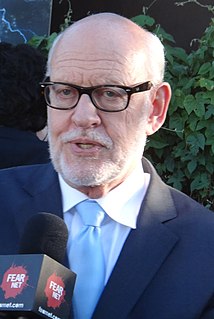A Quote by Matthew Henry
The sentences in the book of providence are sometimes long, and you must read a great way before you understand their meaning.
Related Quotes
How many times have you opened a book, read the first few sentences and made a snap decision about whether to buy it? When it's your book that's coming under this casual-but-critical scrutiny, you want the reader to be instantly hooked. The way to accomplish this is to create compelling opening sentences.
I write different kinds of sentences, depending on what the book is, and what the project is. I see my work evolving. I'm writing long sentences now, something I didn't use to do. I had some kind of breakthrough, five or six years ago, in Invisible, and in Sunset Park after that. I discovered a new way to write sentences. And I find it exhilarating.
There are books full of great writing that don't have very good stories. Read sometimes for the story... don't be like the book-snobs who won't do that. Read sometimes for the words--the language. Don't be like the play-it-safers who won't do that. But when you find a book that has both a good story and good words, treasure that book.
I read continually and don't understand writers who say they don't read while working on a book. For a start, a book takes me about two years to write, so there's no way I am depriving myself of reading during that time. Another thing is that reading other writers is continually inspiring - reading great writers reminds you how hard you have to work.
I remembered a long time ago, Kit Williams hid a golden hare somewhere in Britain and wrote a book which was layered with clues about where the it was. This really fired my imagination, I read the book and it was way too cryptic for me to understand, but it seemed to fascinated people - it even got on the news.





































